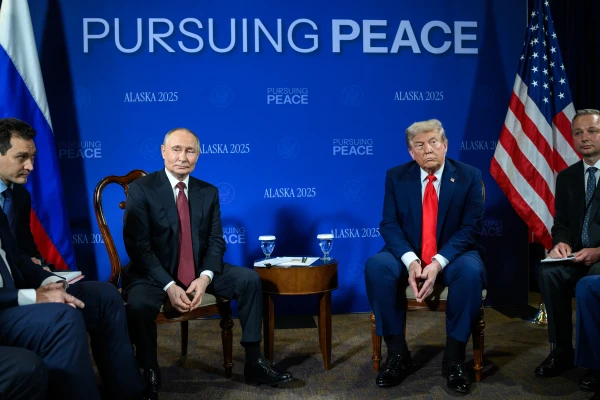
Not only in Asia and Africa, but even in Europe and the US, democracy is losing ground to populists with autocratic leanings.
The world is experiencing an unprecedented crisis of democracy. Democratic institutions in Europe and the United States are failing, and in developing countries, societies are beginning to doubt that building democracy is the right path. This is noted in an opinion piece for The Guardian by international politics commentator Simon Tisdall.
"Across Europe, in the UK and the US, distrust and grievances deepen political dysfunction and social divisions on a daily basis. The belief that democracy is the best form of governance for the modern world is waning, especially among young people. Meanwhile, the public space is becoming more coarse and brutal," he writes.
Tisdall cites France as an example, with its permanent political crisis due to a sharply polarized society between the left and the right. However, France is not alone in this. Across Europe - from Britain to the Czech Republic - far-right and populist forces are gaining popularity amid a loss of trust in moderate politicians.
"This ugly lurch towards extremes is a vote of no confidence in the democratic system itself," the commentator writes, adding that even in the US, once considered a model of democracy, Donald Trump increasingly resembles a dictator rather than a democratic president.
People beyond the wealthy West are also losing faith in the very idea of democracy. From Morocco to Bangladesh, from Indonesia to Kenya, people are tired of poverty, corruption, and the lack of real alternatives to the current authorities.
"This is a fundamental challenge that everyone faces: democracy is not working, or it is working so poorly that it risks being rejected," Tisdall writes.
The commentator is convinced that a global struggle is currently underway to determine whether democracy will remain as an ideology or whether the world will roll back into an era of autocracies. So far, this struggle has had mixed success: in Georgia, democracy lost, while in Moldova, it held on.
According to Tisdall, the "critical loss of faith in democratic systems" is explained by the fact that democracy has ceased to deliver consistent tangible progress in quality of life. Especially in the West. Instead of hopes for a better future, people are facing inflation, difficulties in finding jobs, rising wealth inequality, and mass migration.
All of this can be summed up in a general, deep, and pervasive sense of loss that people in democratic countries live with. And this, according to Tisdall, explains the rise of populists promising to return to the "good old days."

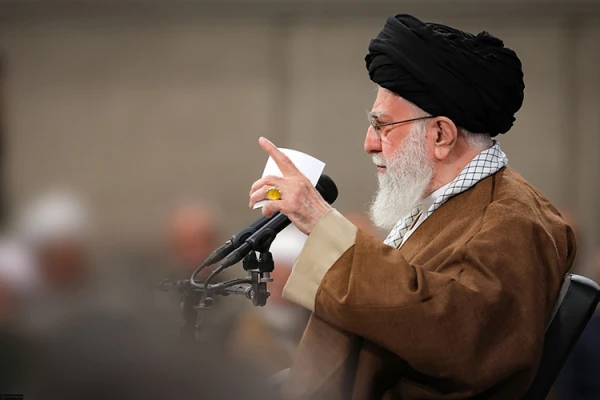

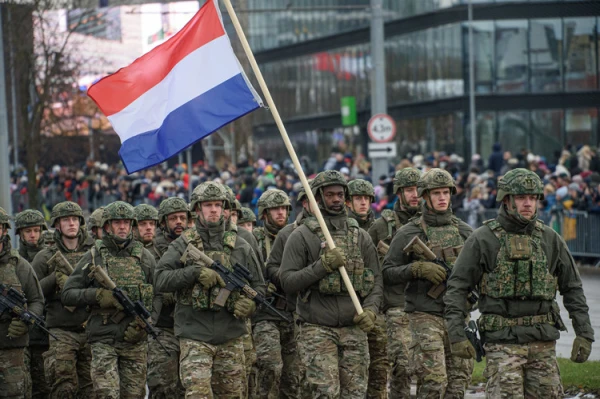
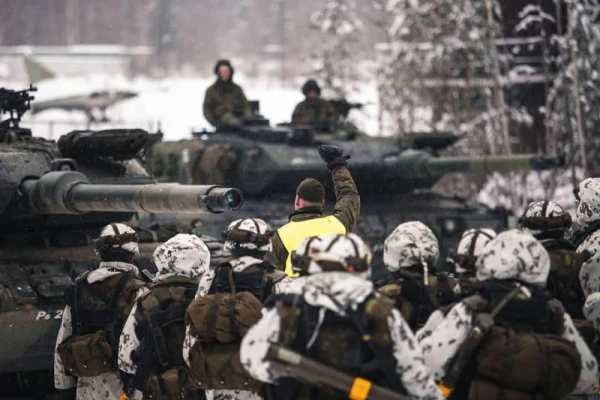
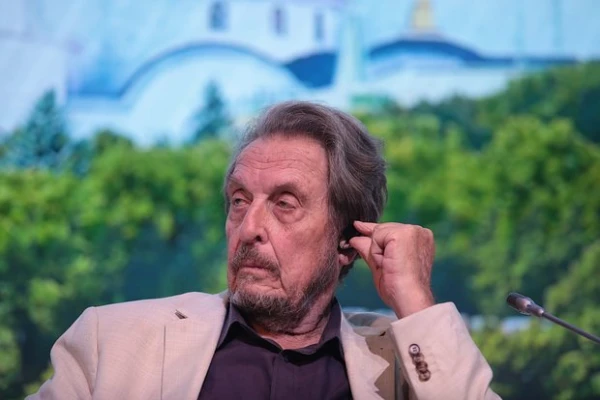
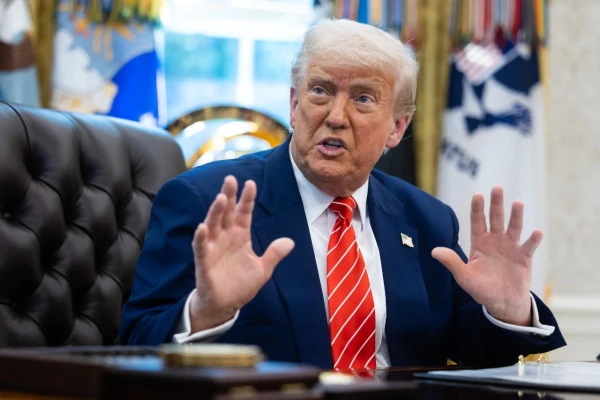
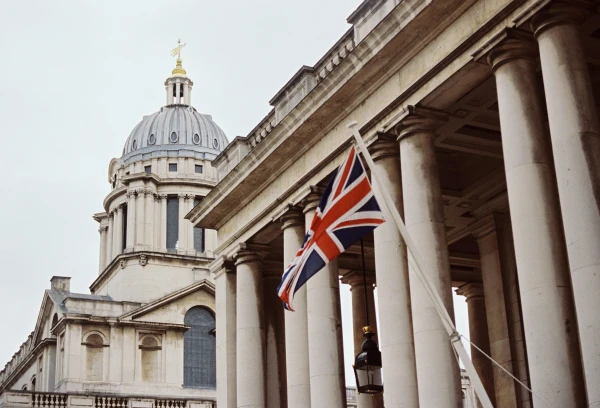
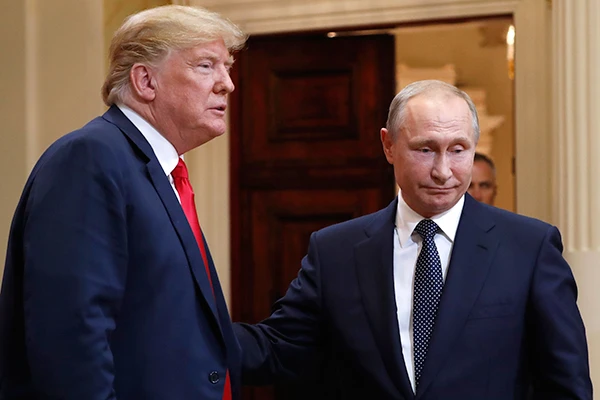


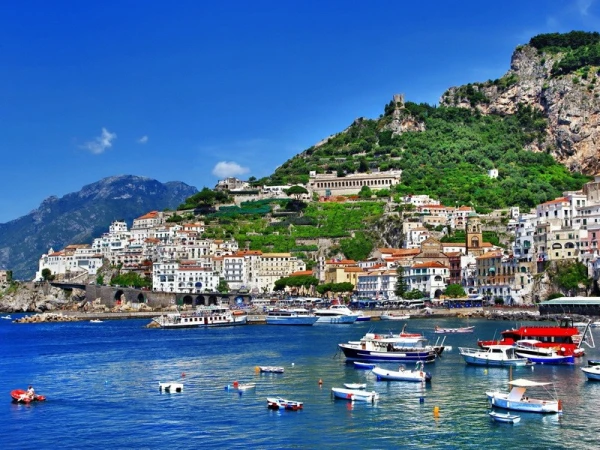
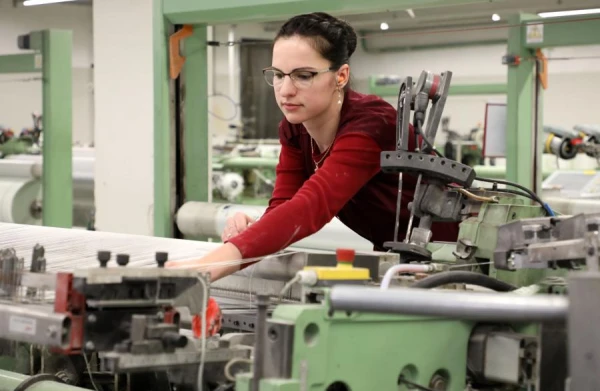

Leave a comment